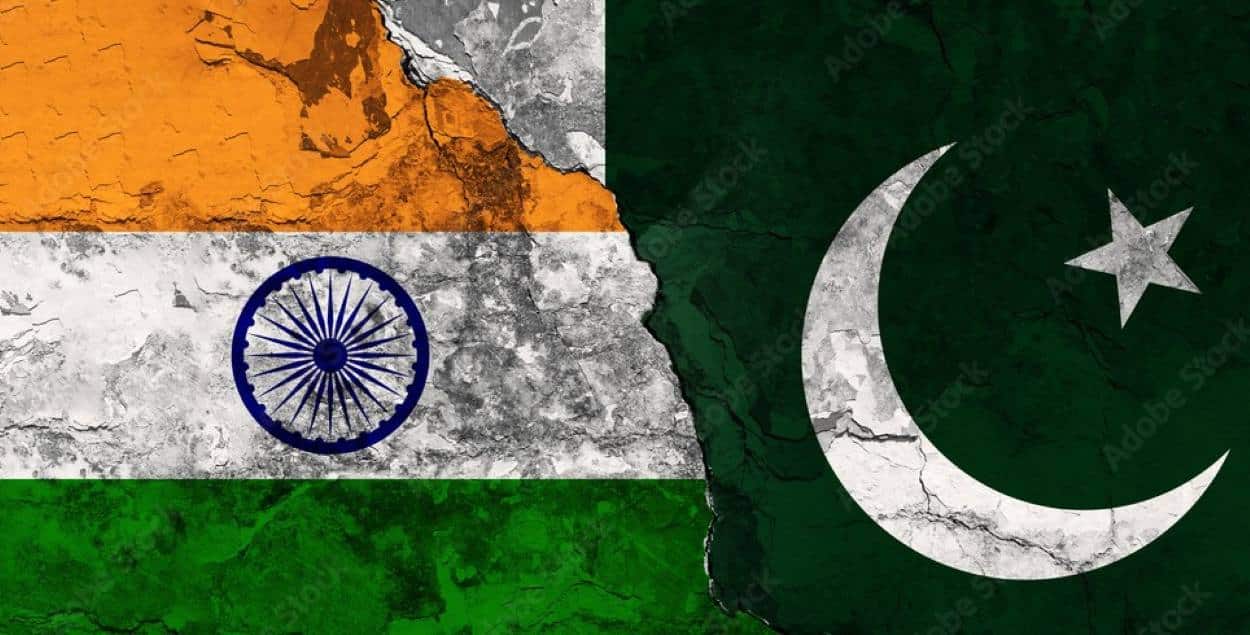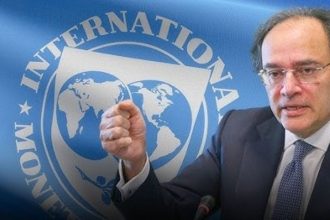The United States has stepped up efforts to ease tensions between India and Pakistan following the devastating Pahalgam attack on April 22, 2025, in Jammu and Kashmir, which killed 26 people.
Pahalgam’s tragic event has heightened friction between the two nuclear-armed nations, prompting urgent diplomatic intervention.
US Secretary of State Marco Rubio recently contacted leaders in India and Pakistan, pressing for a peaceful resolution. State Department Spokesperson Tammy Bruce stated, “Secretary Rubio urged both nations to work toward a responsible solution that promotes lasting peace and stability in South Asia. We maintain ongoing communication with both governments.”
Since Rubio’s outreach, tensions have slightly eased, though India continues to accuse Pakistan of involvement in the attack without evidence. Bruce emphasised, “We are in constant dialogue and call for responsible actions from both sides to avoid further escalation.”
Read: U.S. Urges India, Pakistan to De-Escalate Tensions After Pahalgam Attack
The US has reaffirmed its solidarity with India against terrorism. “As President Donald Trump told Prime Minister Modi last week, the United States stands firmly with India in the fight against terrorism, and PM Modi has our full support,” Bruce said during a press briefing. This stance highlights Washington’s strong partnership with New Delhi while advocating for dialogue.
Rising Tensions in South Asia
The Pahalgam attack has triggered a series of retaliatory actions. India suspended the Indus Waters Treaty, revoked Pakistani visas, and closed the Wagah-Attari border crossing. Pakistan responded by expelling Indian diplomats, cancelling visas for Indian nationals (except Sikh pilgrims), and shutting its side of the border. Pakistan denies any role in the attack and has offered to join a transparent investigation.
Read: Pakistan Army Chief Warns India of Resolute Response Amid Tensions
The escalating conflict between India and Pakistan poses risks to regional and global stability. A diplomatic resolution is essential to prevent further violence and promote cooperation.
The US remains committed to facilitating discussions to resolve the crisis and ensure long-term South Asian stability.






